Haryana EV Policy 2022
Haryana Government launched Electric Vehicle Policy Draft to
promote clean transport, ensure environmental sustainability by reducing
pollution, and create an ecosystem for manufacturing Electric Vehicles (EVs) in
Haryana. The Haryana government notified the State Electric Vehicle EV Policy
2022 in Nov 2022. The year 2022 will be declared the “Year of the Electric
Vehicles” in Haryana.
Objectives of the Policy
·
The
policy promotes new EV technology manufacturing while also encouraging
established automakers to expand their EV manufacturing operations.
·
By
providing incentives to buyers, the policy lowers the effective upfront cost
and encourages people to use electric vehicles as their primary mode of
transportation.
·
The
policy encourages R&D in Educational or research institutes if they set up R&D centers.
·
By
2030, efforts must be made to replace the convert bus fleet owned by Haryana
State Transport Undertakings with electric, fuel cell, or other non-fossil-fuel-based vehicles.
·
The
Department of Town and Country Planning (TCP) shall require the inclusion of
provisions for electric vehicle charging in locations such as Group Residential
Buildings, commercial buildings, institutional buildings, malls, metro
stations, etc., in order to enable the overall ecosystem for the uptake of
electric vehicles.
·
In
order to achieve 100% e-mobility, the cities of Gurugram and Faridabad will be
designated as model Electric Mobility (EM) cities with phase-by-phase adoption
goals for EVs and charging infrastructure.
Policy Incentives for Buyers
·
On
the purchase of Electric Vehicles or Hybrid Electric Vehicles in the state, the
policy will offer early bird direct benefit transfer up to INR 10 lakh.
·
The
purchase of an electric two-wheeler or three-wheeler will result in a 100%
motor vehicle tax rebate.
·
Buyers
will also be eligible for relaxation in the registration fee and discount on Motor
Vehicle Tax.
Policy Incentives for Manufacturers of EV and EV Components
·
Incentives
on Fixed Capital Investment (FCI), Net SGST, Stamp Duty, and employment
generation are just a few of the financial incentives the policy provides to EV
manufacturers. Additionally, electricity duty is exempt for 20 years and the
stamp duty is fully refunded.
·
The
SGST reimbursement shall be 50% of the applicable Net SGST for a period of 10
years.
·
Companies
setting up battery disposal facilities will receive 15% of FCI up to INR 1
crore.
·
Companies
that manufacture electric vehicles, electric vehicle components, EV
batteries, charging infrastructure, etc. will receive capital subsidies as an
incentive. Mega industries will receive capital subsidies at a rate of 20% of
FCI or INR 20 billion, whichever is less. Large industries will receive
subsidies at a rate of 10% of FCI up to INR 10 billion, medium industries at a
rate of 20% of FCI up to INR 50 lakh, small industries at a rate of 20% of FCI
up to INR 40 lakh, and micro industries at a rate of 25% of FCI up to INR 15
lakh.
·
For
Micro, Small, Medium, and large units, the policy offers one-time support to
facilitate the conversion of existing manufacturing units completely into EV
manufacturing at a cost of 25% of book value up to INR 2 Crores.
Policy Incentives for R&D Centers
·
The
policy will promote R&D in the EV industry by allocating 50% of project
costs up to INR 1 crore for developing new electric charging technology and up
to INR 5 crore for developing new electric vehicle technology.
·
A
grant of INR 5 crore will be given to institutions conducting focused research
on non-fossil fuel-based mobility solutions.
·
One
time subsidy of INR 25 Lakh shall be extended to the first 20 colleges/ ITIs /
Polytechnics for setting up infrastructure related to the R&D of EVs.
Other Incentives
·
Government
entities, PSUs, and private businesses are encouraged to establish Centers of
Excellence (CoE), which are rewarded with a 50% grant of the project cost up to
INR 5 crores.
·
The
policy provides for an Employment generation subsidy of INR 48,000 per employee
per annum for 10 Years in lieu of Haryana-domiciled manpower being employed
with EV companies.
Policy Document
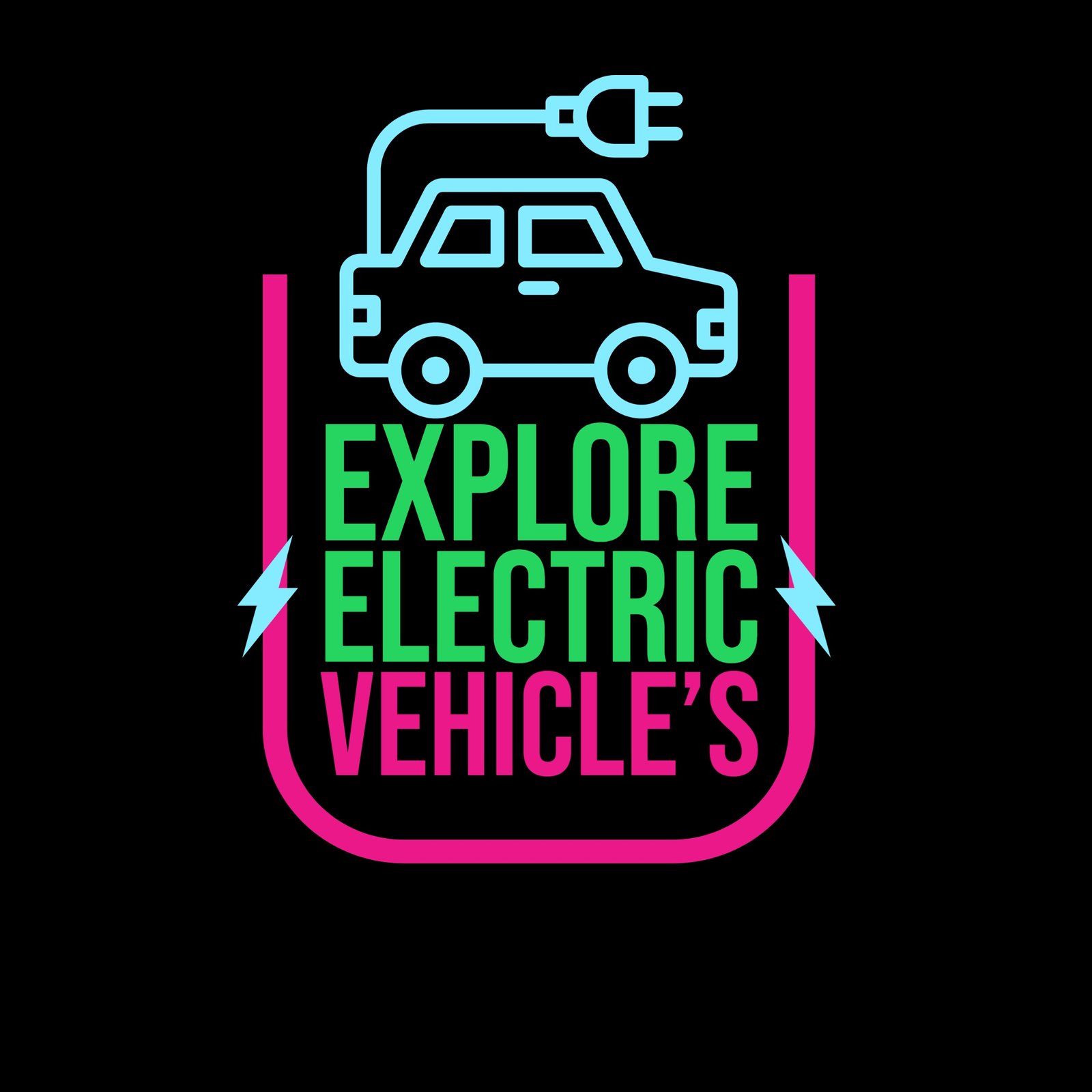

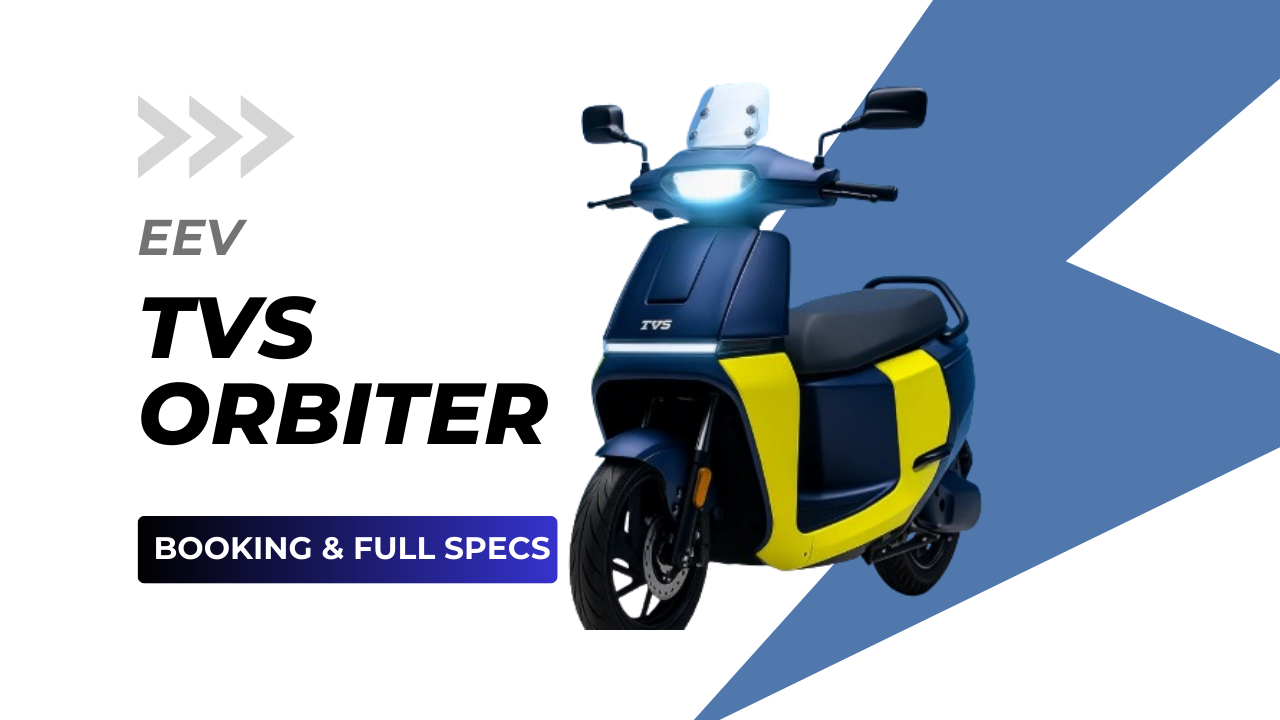

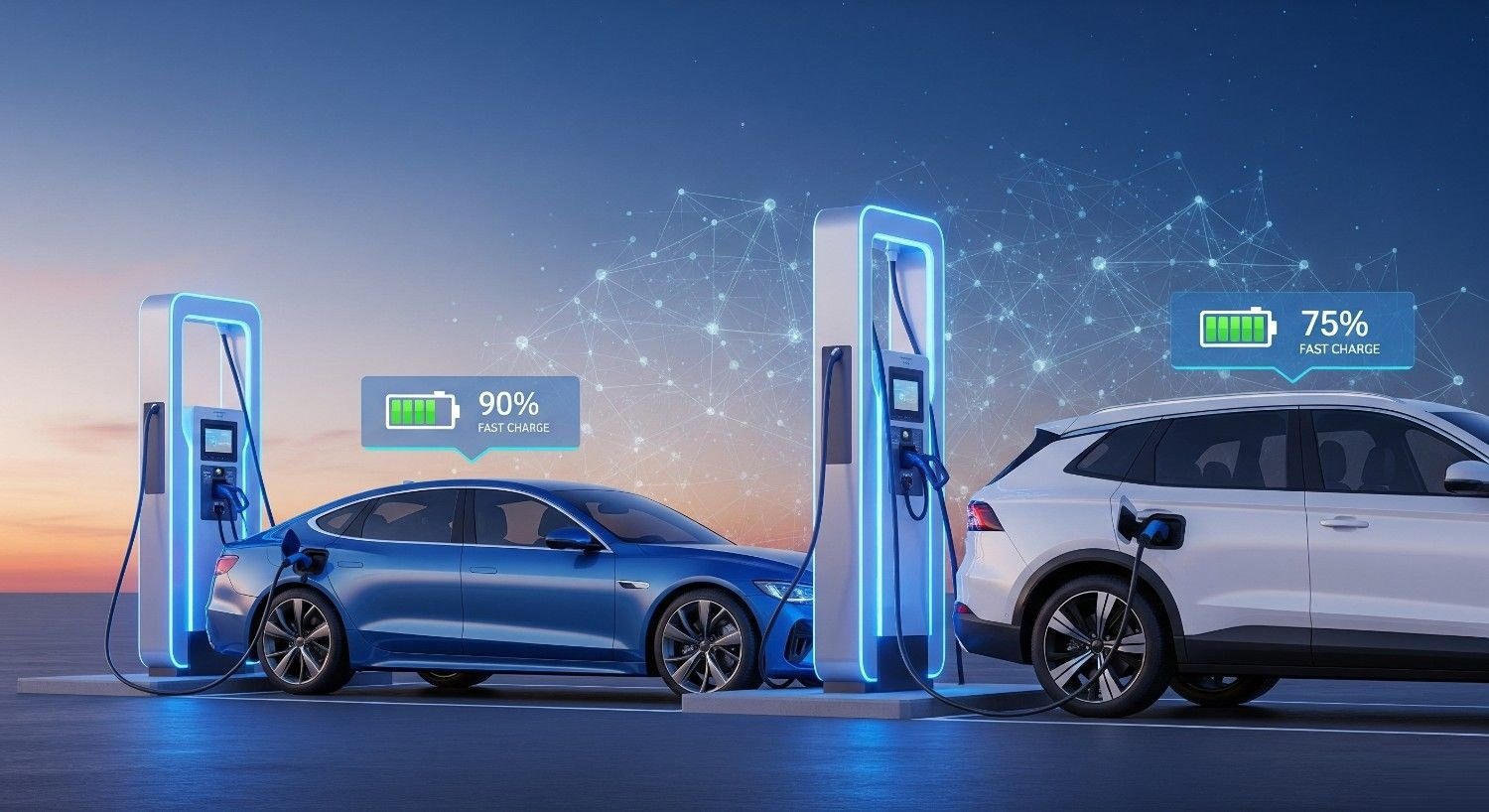

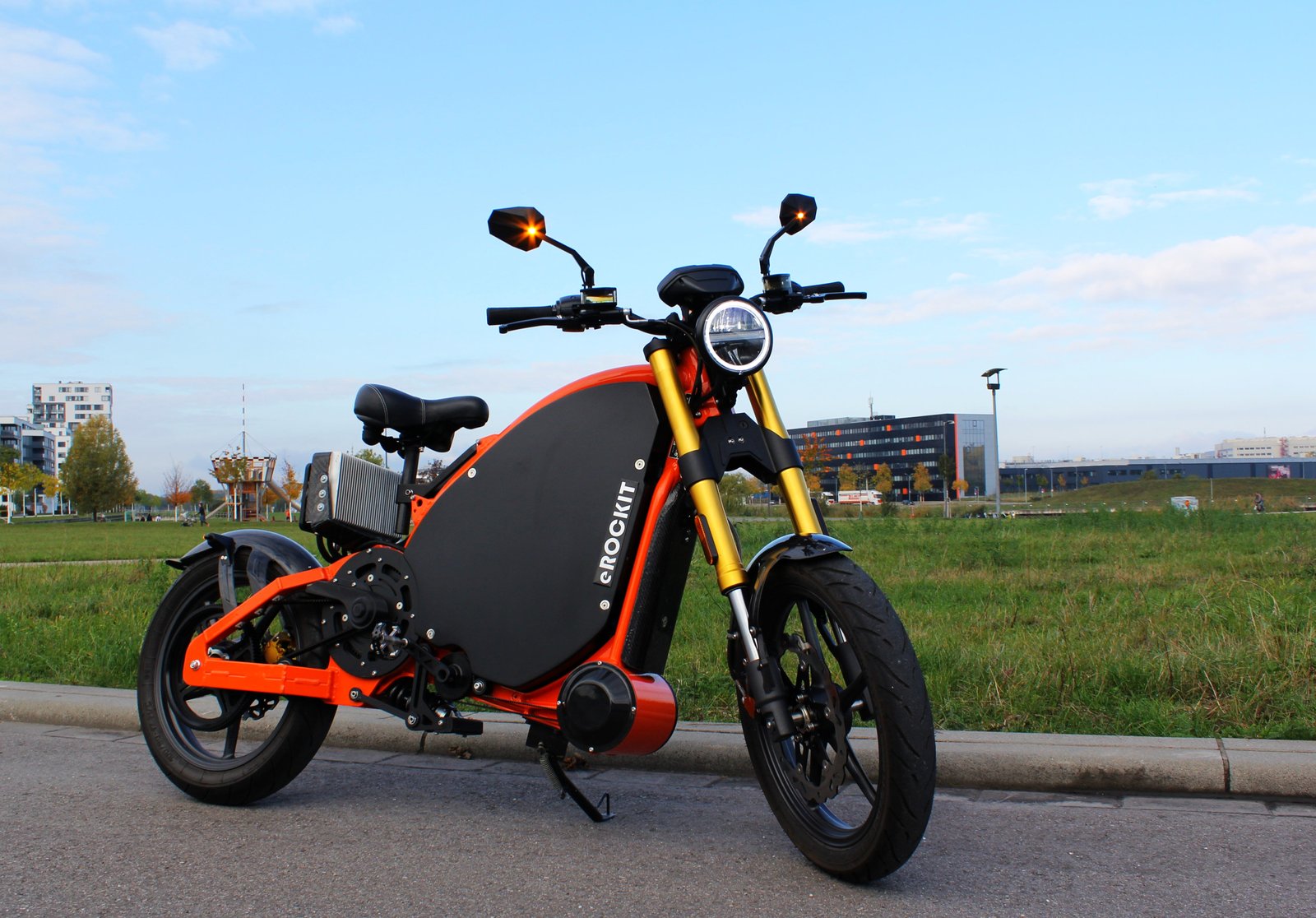

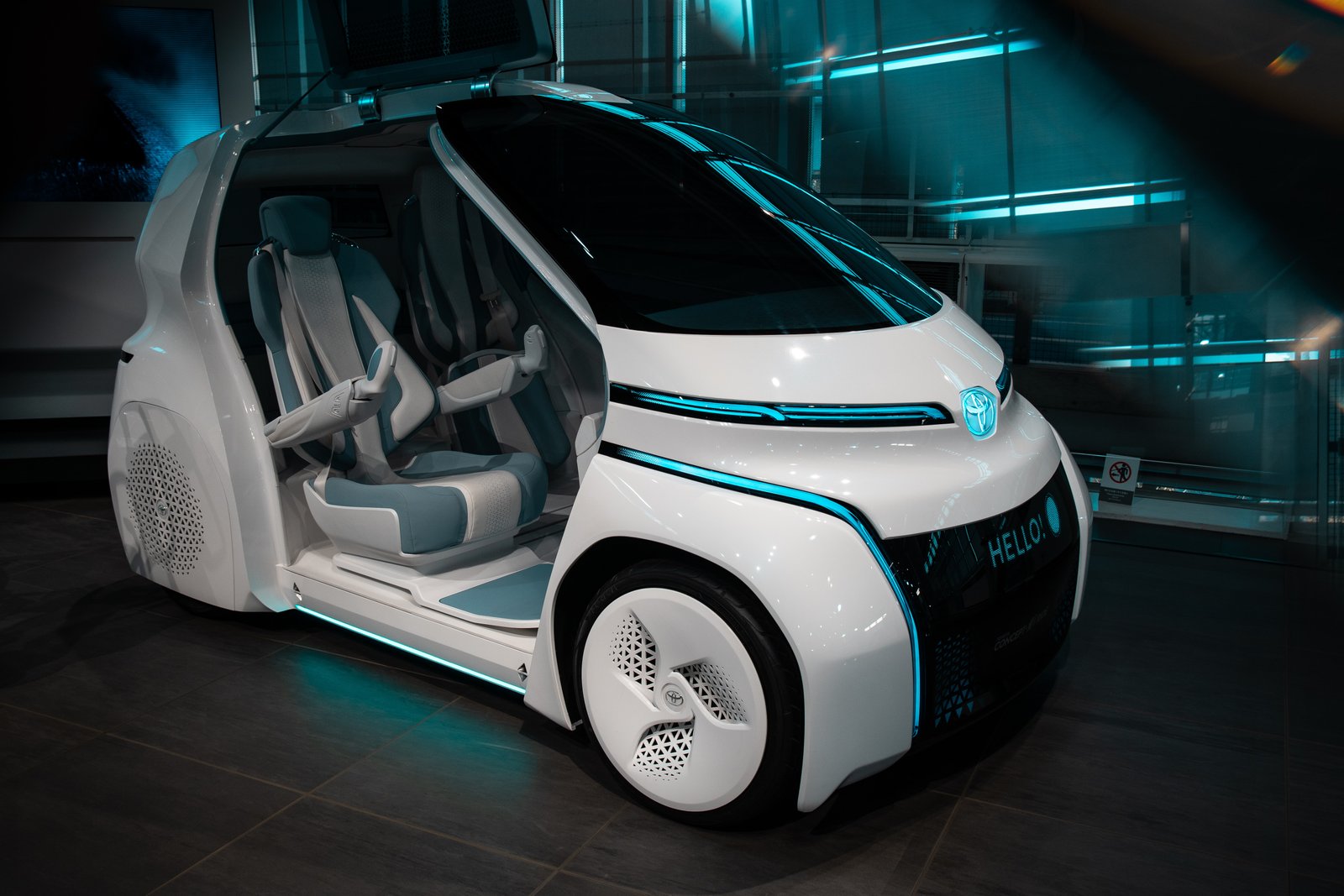

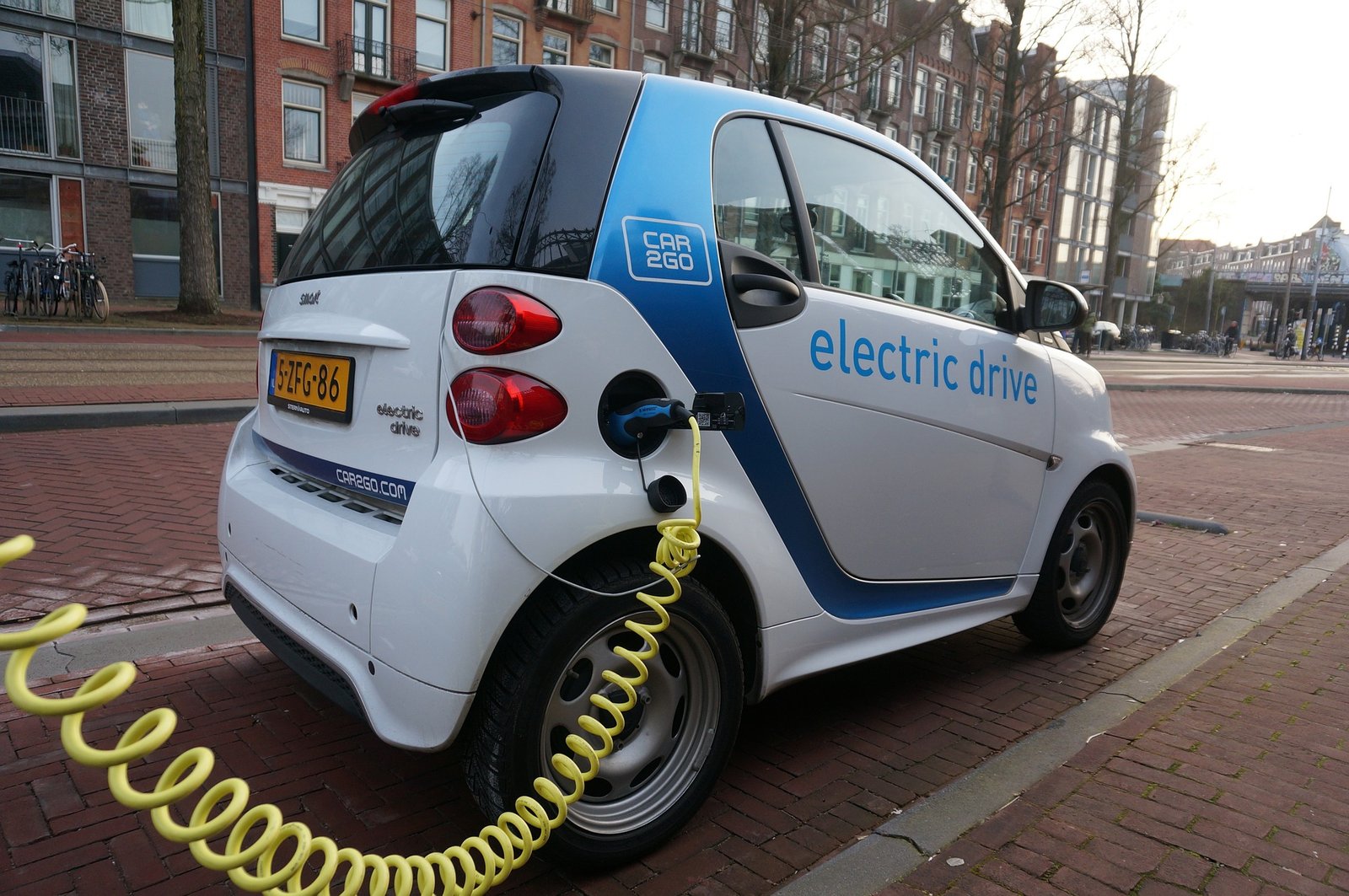

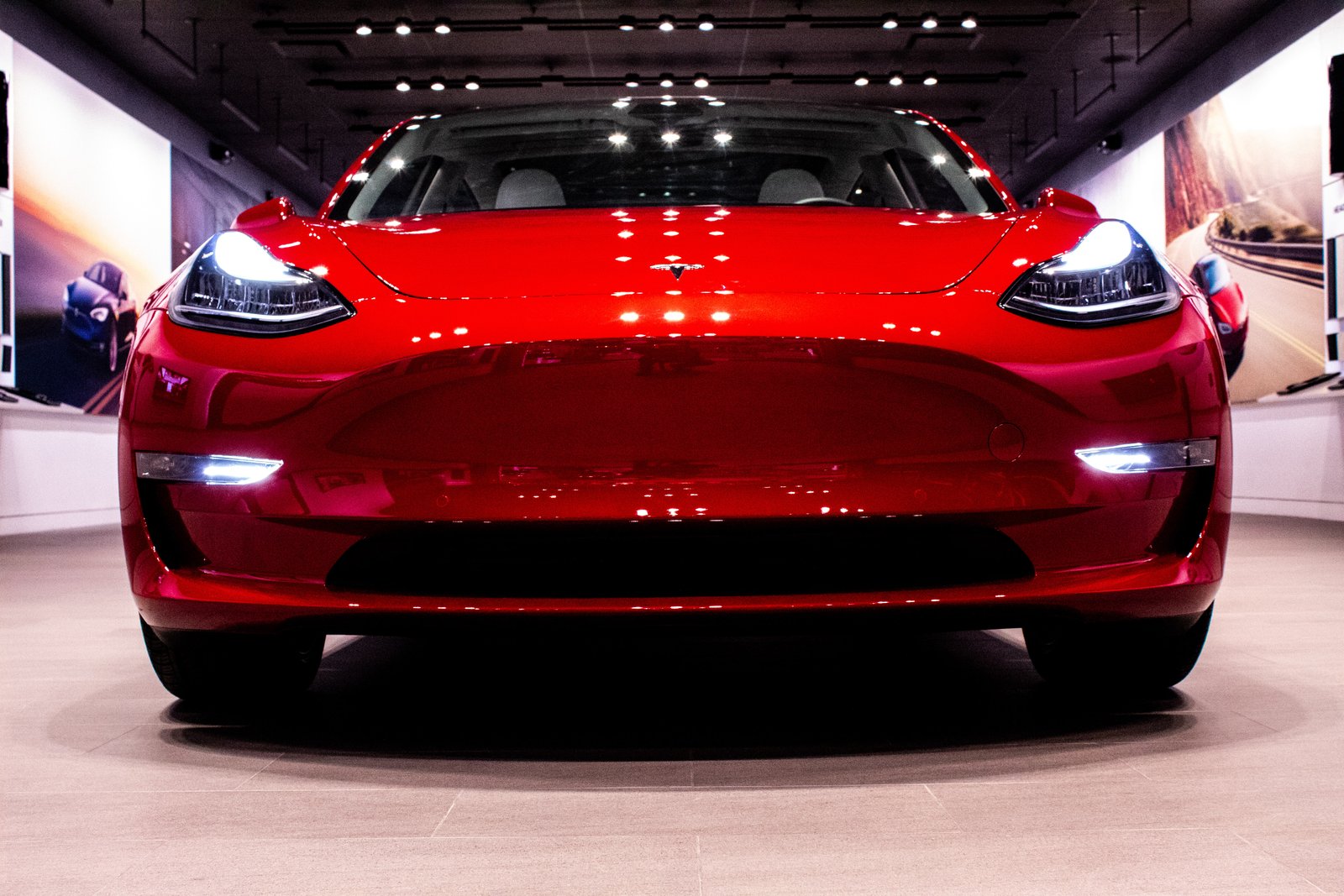
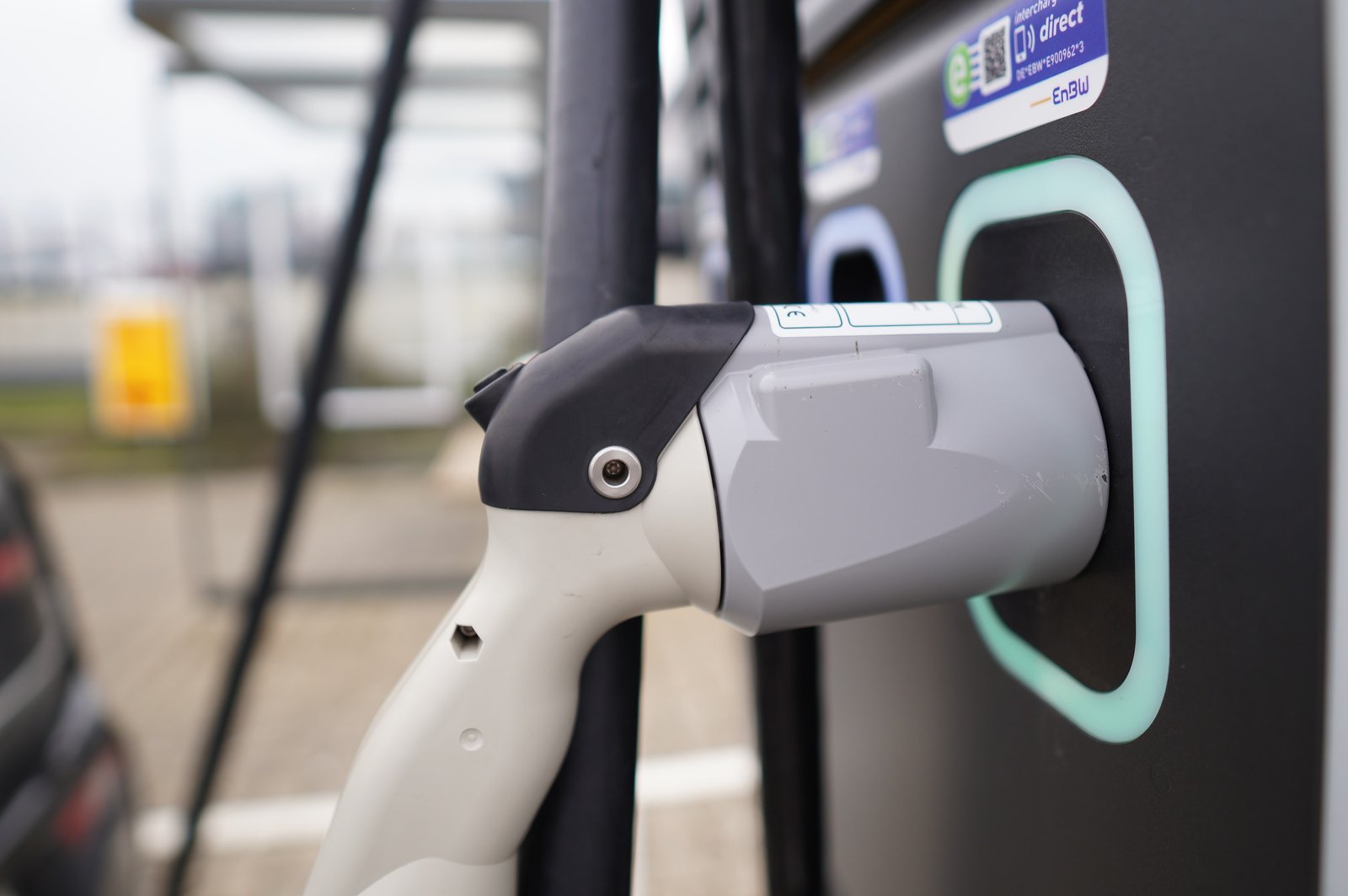

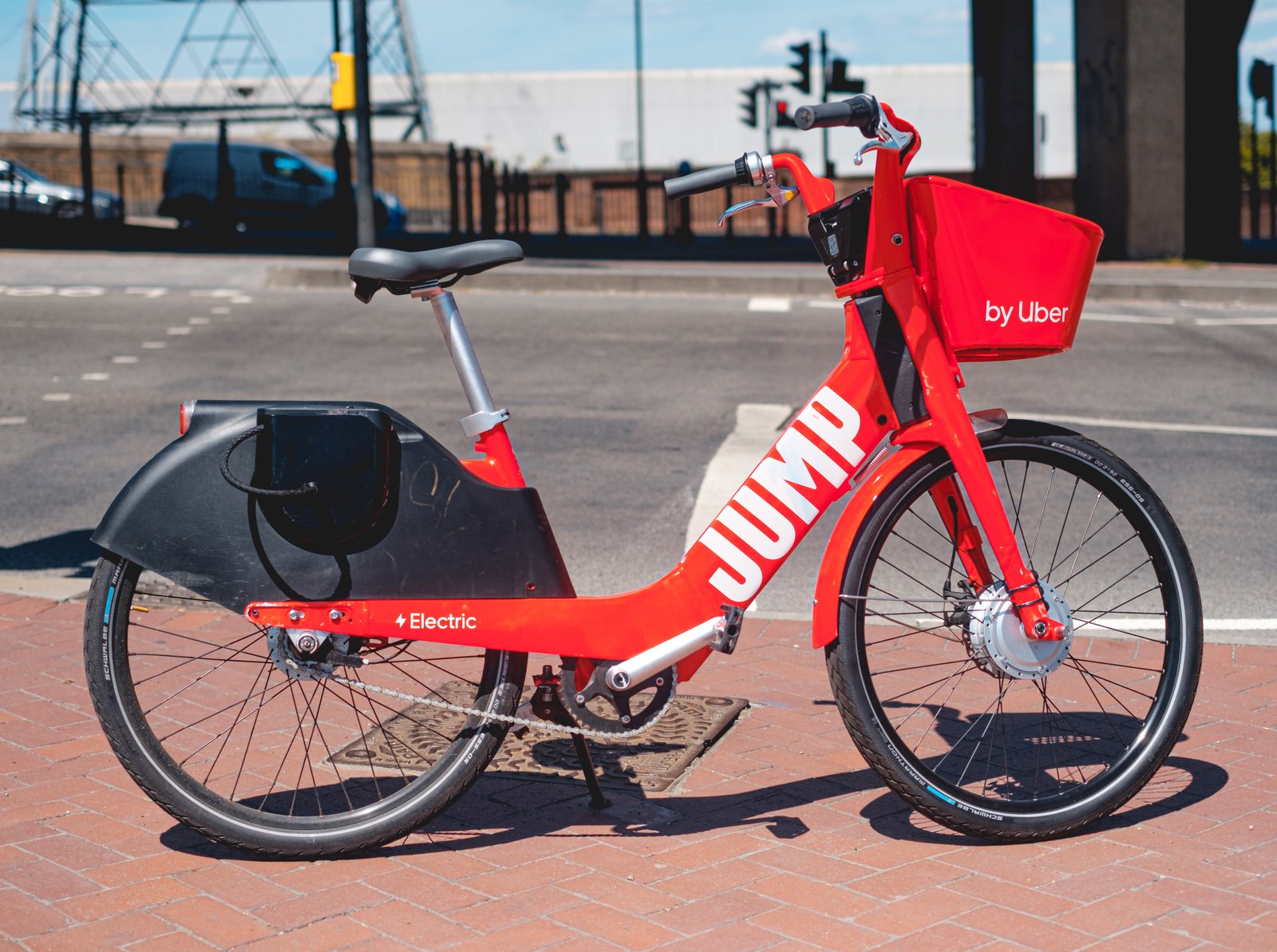

Leave a Comment